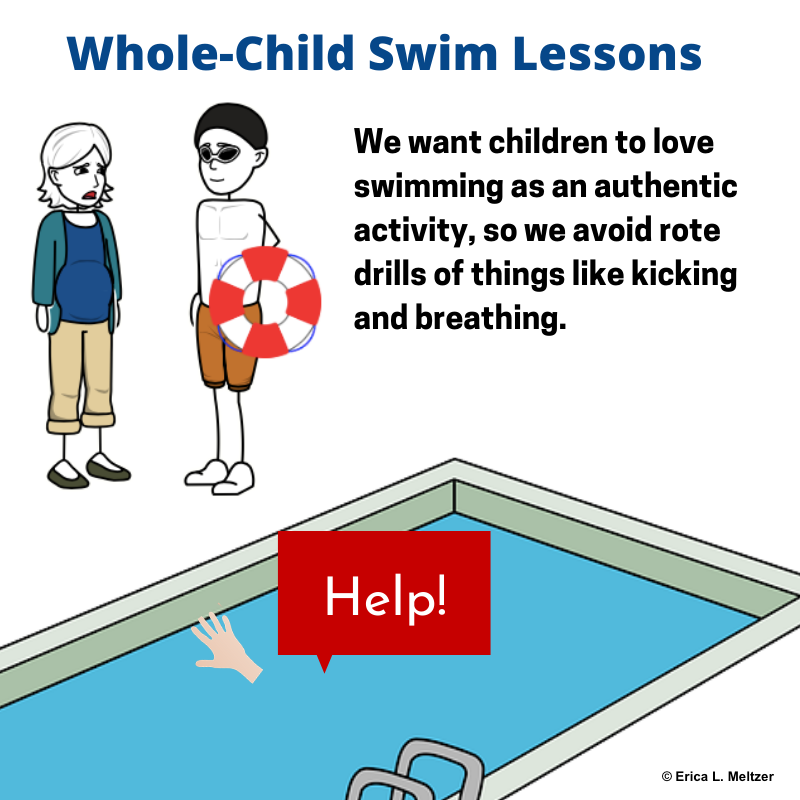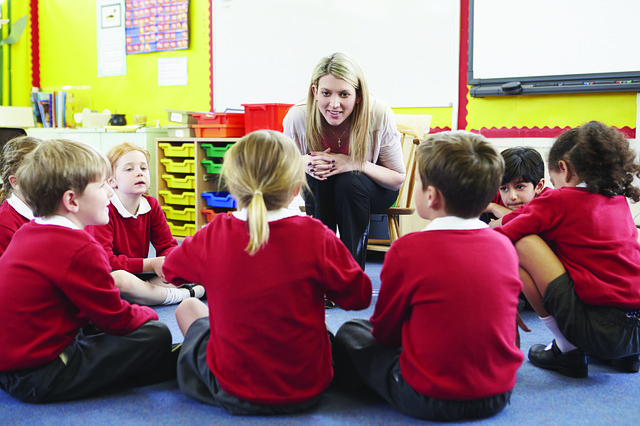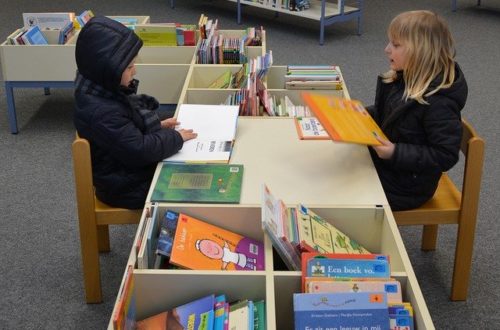This column has been in process for over two years. It grew from thinking about the way Royal Jelly determines the life roles of bees. It is a special substance that goes to all bees—but some get more than others. What this fact of simple biology made me think about was something I see each day.
In our society there is a similar treatment, a special potion that admits the young person into the inner circle. For us, Americans in the 21st century, that special potion is learning to read.
Without it a child will be stunted and sterile—left behind and closed out. A child may become sad and withdrawn, or angry and ready to strike out.
While we adults may not notice this happening to our own children, and certainly not to other people’s children, the children know. At the time I was working with Jake, who was sure he could NOT read a story—because he never had. He was ready to tell me I was crazy and said loudly “I can’t do this.”
Then he read the story, with a little more practice he read it quickly and easily. He is now more comfortable and ready to work hard to gain new skills. But the Royal Jelly is not automatic for us human beings—unlike bees we can’t just have it fed to us. And today, as I finish writing this column I am hearing about our society’s lack of upward mobility. I find that simple to understand—many of our children are not going to receive the Royal Jelly, and consequently are going to be frozen in place by their lack of reading skill.
There are some signs that your child is at risk for missing out on the Royal Jelly.
- When reading he or she frequently guesses based on the first few letters of the word—and often misses a word that only moments before seemed to come easily.
- Your child reads very slowly and stumbles on words. The teachers may not be aware of this, since most reading practice is silent, but when you hear your son or daughter read you hear the stumbles and you worry.
- You notice that your child hates to read and avoids it as much as possible. Moreover when the topic comes up your child says she hates to read—and you know it is true since computer play or athletics are far more popular to your child than any book.
- If your child chooses to read at all, the books are very familiar ones that are far below his or her age and reading level. This is far better than no reading, but skills are not building and the child’s strengths are not developing.
- Your child avoids reading out loud—because reading silently feels better. You are not surprised and have long since given up fighting for more reading aloud.
- Has trouble connecting letters and sounds, so when he or she does have to figure out a word that is unfamiliar the attempts to do so do not sound even close to the actual word.
- When writing or answering homework questions your child spells badly and does not seem to connect sounds to spelling.
- Relies almost totally on memory for word reading—and if he or she doesn’t know the word cannot figure it out. This may occur even with students who are in high school. Many students do not learn to decode words because they have such strong memories and can just keep adding words to their long-term memory.
- Although the student is excellent in math, word problems are extremely challenging and cannot be easily or accurately solved.
- Your child has poor reading comprehension and frequently has problems getting homework done. Even a very determined and motivated student may find homework to be overwhelming, taking many hours each night.
Keep your eyes open for these signs and make sure that your children do not miss out on this vital nourishment!





